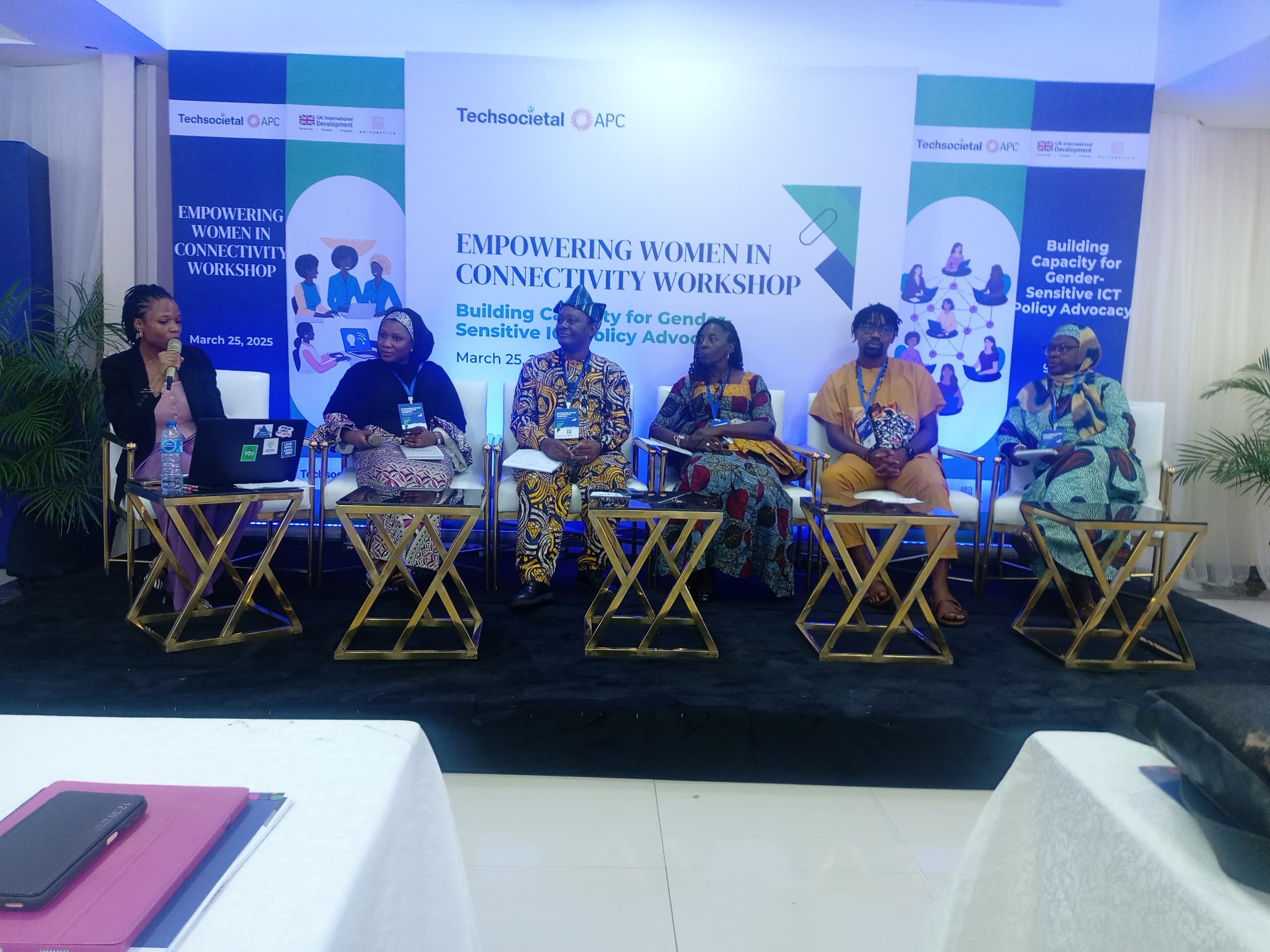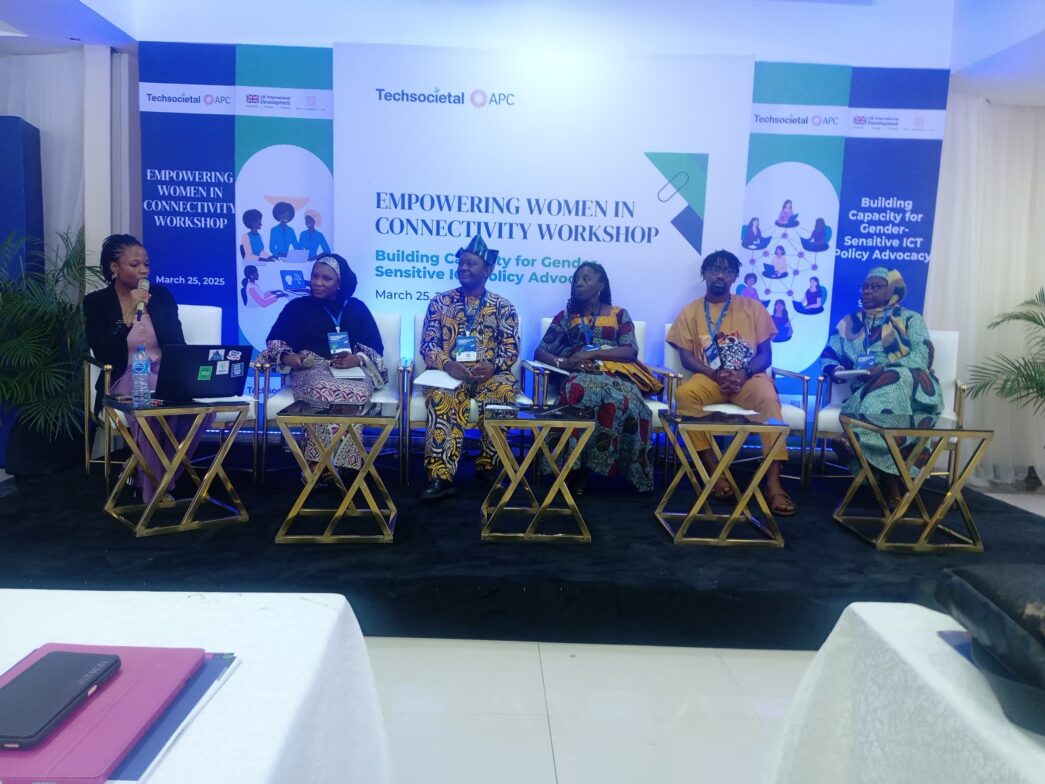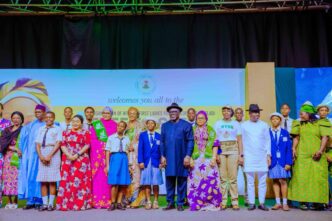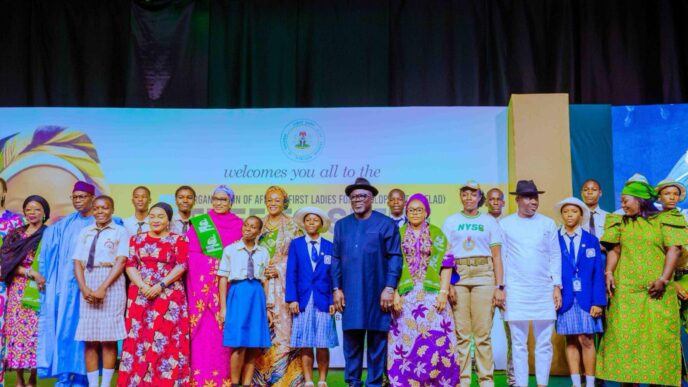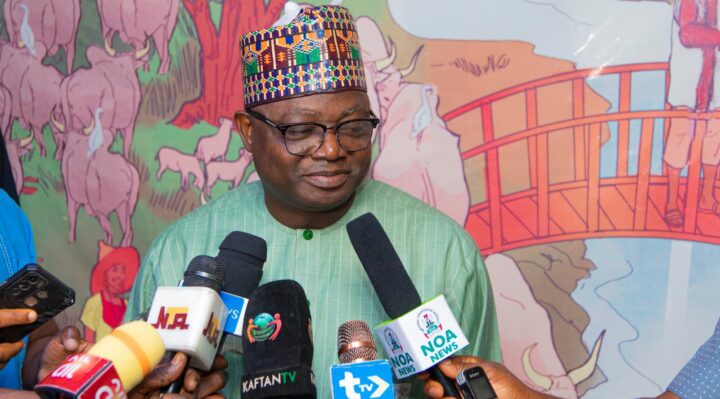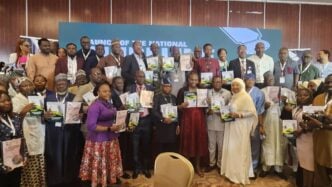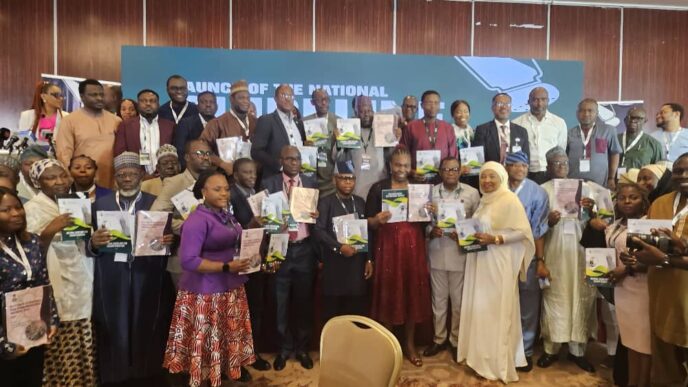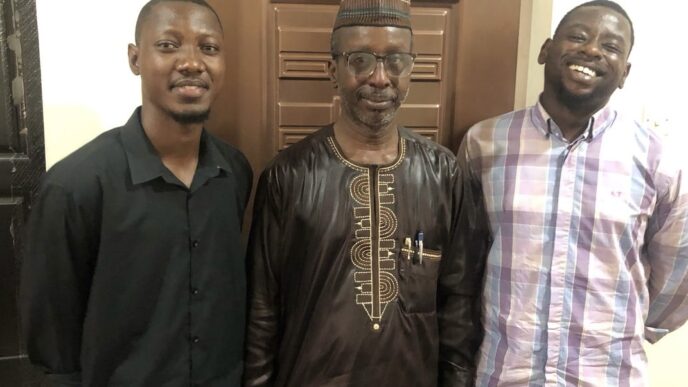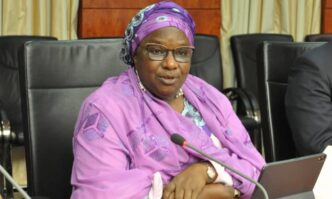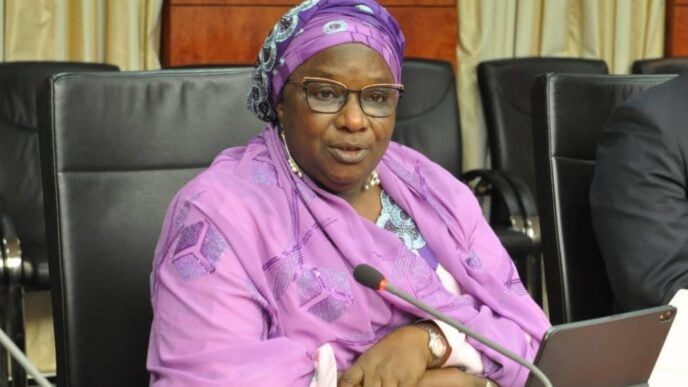Some stakeholders have called for the inclusion of gender sensitivity in the development of information and communication technology (ICT) policies in Nigeria.
Speaking on Tuesday in Lagos during a workshop organised by Techsocietal, a non-governmental organisation (NGO) that promotes digital rights, the stakeholders said advocating for gender-responsive ICT policies is necessary because women face systemic barriers in the use of digital technologies.
The theme of the workshop was ‘Empowering Women in Connectivity Workshop: Building Capacity for Gender-sensitive ICT Policy’.
The workshop was attended by digital rights activists, gender advocates, and representatives of NGOs championing digital space safety in Nigeria.
Advertisement
During the workshop, the participants developed policy templates for gender-sensitive community network policies and role-playing activities on policy proposals.
Speaking during the panel session on women in community networks, Harira Wakili, a gender and internet rights advocate, highlighted the cultural barriers facing women in accessing community networks.
Wakili said many women in rural communities lack access to basic ICT training and other skills that would enable their participation in community network spaces.
Advertisement
Theresa Tafida, a community development specialist at the Fantsuam Foundation, also said that the lack of digital literacy among women in rural communities prevents them from fully engaging in the digital space.
Tafida added that language barriers and cultural biases also hindered the training of women in rural communities on how to make use of technological tools.
Also speaking, Adebunmi Akinbo, vice-president of the Internet Society, Nigeria chapter, advocated for capacity-building training for women in the areas of digital technologies.
Speaking on the sidelines of the event, Temitope Ogundipe, executive director of Techsocietal, said the workshop was organised to educate stakeholders on how to create policy proposals that are gender-responsive.
Advertisement
“We hope that they (participants) understand how to analyse policies, find the gender gaps in those policies, negotiate their policy positions, and advocate for the adoption of their positions amid various competing stakeholders’ interests,” she said.
“It is not just the roll-out of digital infrastructure and policies but also ensuring that economic disparities are taken into account, especially for women in rural areas, on whether they can afford data and devices to use them.”
Add a comment
